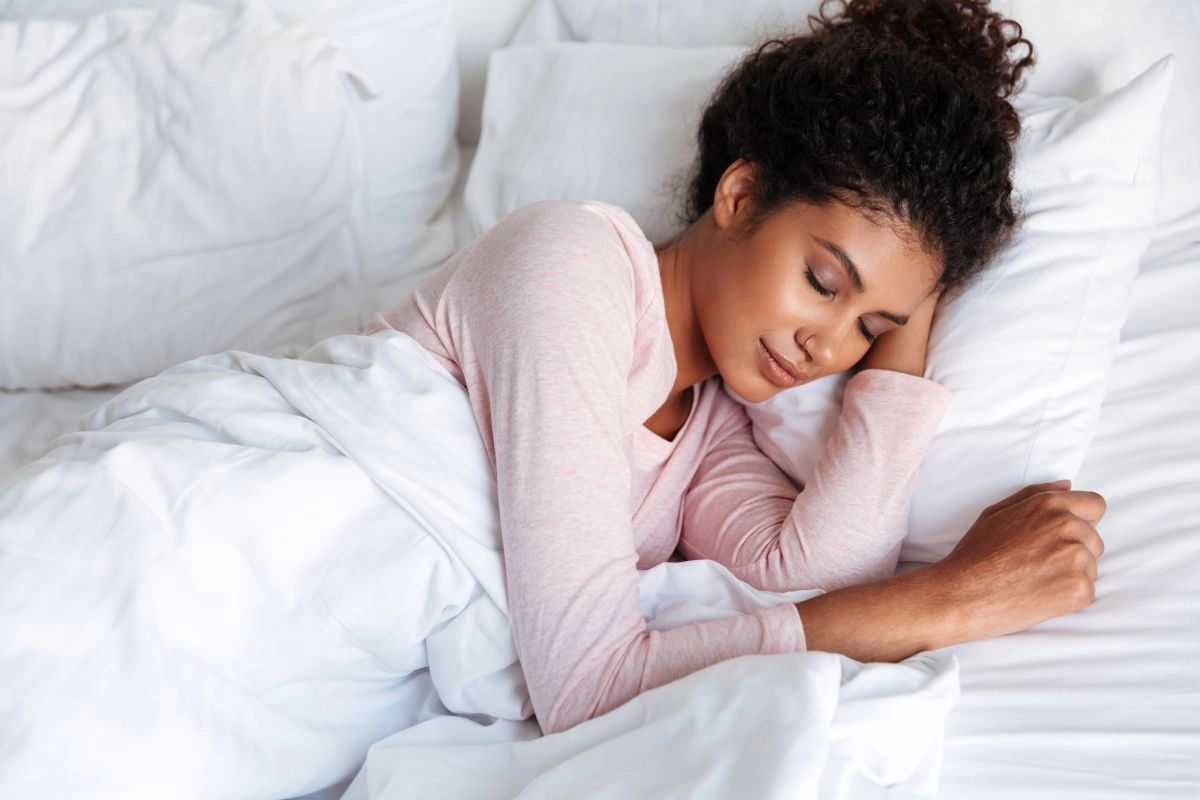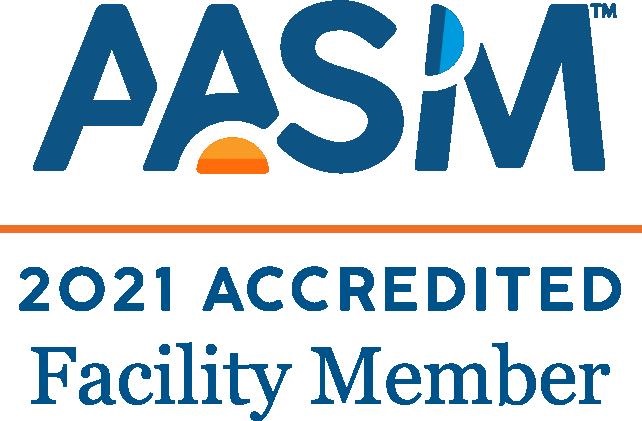Sleep Center

Do you have trouble falling asleep at night? Or staying awake during the day? These problems and others could be signs of a sleep disorder. Fortunately, we can evaluate your issues and offer solutions to help get you the sleep you need.
The Sleep Diagnostics Center’s physicians and Registered Sleep Technologists focus on finding the cause of sleep deprivation and offering a treatment plan, so patients get a better night’s sleep. The Center is accredited by the American Academy of Sleep Medicine. Physician referrals and self-referrals accepted. Call the Sleep Diagnostics Center at 423.744.3489.

Next Steps
Get a Referral
Your insurance may require a provider referral. Speak with your provider today about the services provided at the Sleep Diagnostics Center.
Learn More
Call the Center for more information about the services we offer.
What to expect at the Sleep Center
When you arrive, you will be greeted by the Sleep Technologist who will conduct a brief interview concerning your problem. The Center's staff are specially trained in the field of sleep-related disorders and have the experience to provide the highest quality of patient care. All staff members are Registered Sleep Technologists. The technologists will educate you on sleep disorders and answer your questions and concerns prior to beginning the sleep study.
Afterwards, you will be taken to a private room complete with television and a comfortable bed. The technologist will place the monitoring leads which takes approximately 45 minutes. Your breathing patterns, brain waves, EKG, leg movements, oxygen level, and other vital signs will be monitored as you sleep. When you get up in the morning, a shower is available for your convenience. There is no prep for the sleep study. We desire to follow your sleep routine as best possible. Your next day should proceed as normal.
What are sleep disorders?
At best, sleep disorders are a constant emotional and physical drain. At worst, they can be life threatening.
Sleep disorders are physiological, biological or psychological conditions that disturb sleeping patterns and may affect daytime function both physically and mentally. These conditions may include difficulty falling asleep, staying asleep, frequent sleep arousals, excessive daytime sleepiness, daytime fatigue and/ or lack of energy. In many cases, the spouse or bed partner of someone with sleep disorder is the one who suggests a visit to a sleep specialist.
Sleep disorders deprive 2 out of 4 Americans of a good night’s sleep. Living with a sleep disorder can interfere with your performance at work, home or school, and can even affect your relationships with family and friends.
What are sleep patterns?
All of us have an internal clock that rules when we can best sleep and remain awake. This cycle of sleeping and waking is called a sleep pattern or rhythm (Circadian rhythm). Sleep patterns change with the aging process. Infants may sleep up to 16 hours a day, while the elderly may experience shorter sleep patterns and a greater need for naps. Teenagers and young adults may find it more difficult to go to bed early and may need to sleep later into the morning. Adults still require 7-9 hour of sleep per night. Daytime naps may disturb sleep for some people, but for others they are a normal part of a healthy sleep/wake pattern. When an individual’s sleep is adequate, that person should feel alert throughout the day. Excessive need for naps could be indicative of a sleep disorder.
Experience an improved night's sleep.
If you suffer from any of these symptoms, please tell your physician. Sleep disorders can be more than a source of frustration. Some disorders, such as sleep apnea are linked with heart attacks, stroke, depression, diabetes, atrial fibrillation and Alzheimer's disease. Sleep disorders are often easily diagnosed and simply treated. The specially trained sleep technologists and state-of-the-art diagnostic equipment at the Starr Regional Sleep Diagnostic Center can help you get to the root of your problem and help your doctor find a solution.
